Budget 2019: Key takeaways for small businesses & small traders
Updated: Feb 01, 2019 10:41:40am
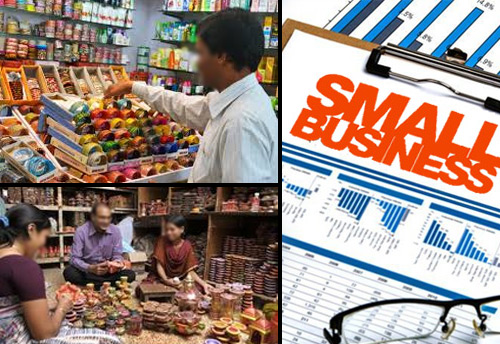
New Delhi, Feb 1 (KNN) Narendra Modi led government presented the Interim Budget in the Parliament today. Although the Budget 2019 has given special impetus to farmers and unorganized sector workers along with big announcement on Income Tax Rebate, there have been key announcements like special 2% interest subvention for MSMEs on Rs loans upto Rs 1 crore, GST at 6% instead of 18% for small service providers with turnover upto Rs 50 lakhs under composition scheme and more.
In his Budget Speech, which was considered important keeping in view the upcoming elections in May, Finance Minister Piyush Goyal acknowledged that the Government has undertaken many effective steps to strengthen MSME sector, which provides employment to crores of people.
Recently, a scheme of sanctioning loans upto Rs 1 crore in 59 minutes has been launched.
“GST-registered SME units will get 2% interest rebate on incremental loan of Rs 1 crore,” he said.
On Public Procurement Policy, which mandates sourcing from MSEs by the CPSUs, the Finance Minister said, “The requirement of sourcing from SMEs by Government enterprises has been increased to 25%. Of this, the material to the extent of at least 3% will be sourced from women owned SMEs.”
Government e-Marketplace (GeM), created by our Government two years ago, has transformed public procurement by making it fully transparent, inclusive and efficient, he said.
MSMEs have an opportunity to sell their products through GeM.
The Budget document revealed that transactions of over Rs 17,500 crore have taken place through GeM resulting in average savings of 25-28%. The GeM platform is now being extended to all CPSEs.
Highlighting the initiatives to supports domestic trade and services, Goyal said, “Our Government has recently assigned the subject of “promotion of internal trade including retail trading and welfare of traders, and their employees” to the Department of Industrial Policy and Promotion, which will now be renamed as the Department for Promotion of Industries and Internal Trade.”
Special benefits and incentives were also given to small businesses and start-ups. Overall compliance processes were simplified. Threshold limit for presumptive taxation of business was raised from Rs 1 crore to Rs 2 crore, Goyal said.
The benefit of presumptive taxation was extended for the first time to small professionals fixing threshold limit at Rs 50 lakh. In order to promote a less cash economy, the presumptive profit rate has been reduced from 8% to 6%, the Minister added.
The tax rate for companies with turnover of up to Rs 250 crore, covering almost 99% of the companies, was reduced to 25% which was also applicable to new manufacturing companies without any turnover limits.
Under the Goods & Services Tax (GST), small businesses having turnover up to Rs 1.5 crore have been given an attractive composition scheme wherein they pay only 1% flat rate and have to file one annual return only.
“Similarly, small service providers with turnover upto Rs 50 lakhs can now opt for composition scheme and pay GST at 6% instead of 18%,” the Finance Minister announced.
Soon, businesses comprising over 90% of GST payers will be allowed to file quarterly return, Goyal said.
Individual taxpayers having taxable annual income up to Rs 5 lakhs will get full tax rebate and therefore will not be required to pay any income tax. As a result, even persons having gross income up to Rs 6.50 lakhs may not be required to pay any income tax if they make investments in provident funds, specified savings, insurance etc.
In fact, with additional deductions such as interest on home loan up to Rs 2 lakh, interest on education loans, National Pension Scheme contributions, medical insurance, medical expenditure on senior citizens etc, persons having even higher income will not have to pay any tax.
“This will provide tax benefit of Rs 18,500 crore to an estimated 3 crore middle class taxpayers comprising self-employed, small business, small traders, salary earners, pensioners and senior citizens,” said Goyal. (KNN Bureau)

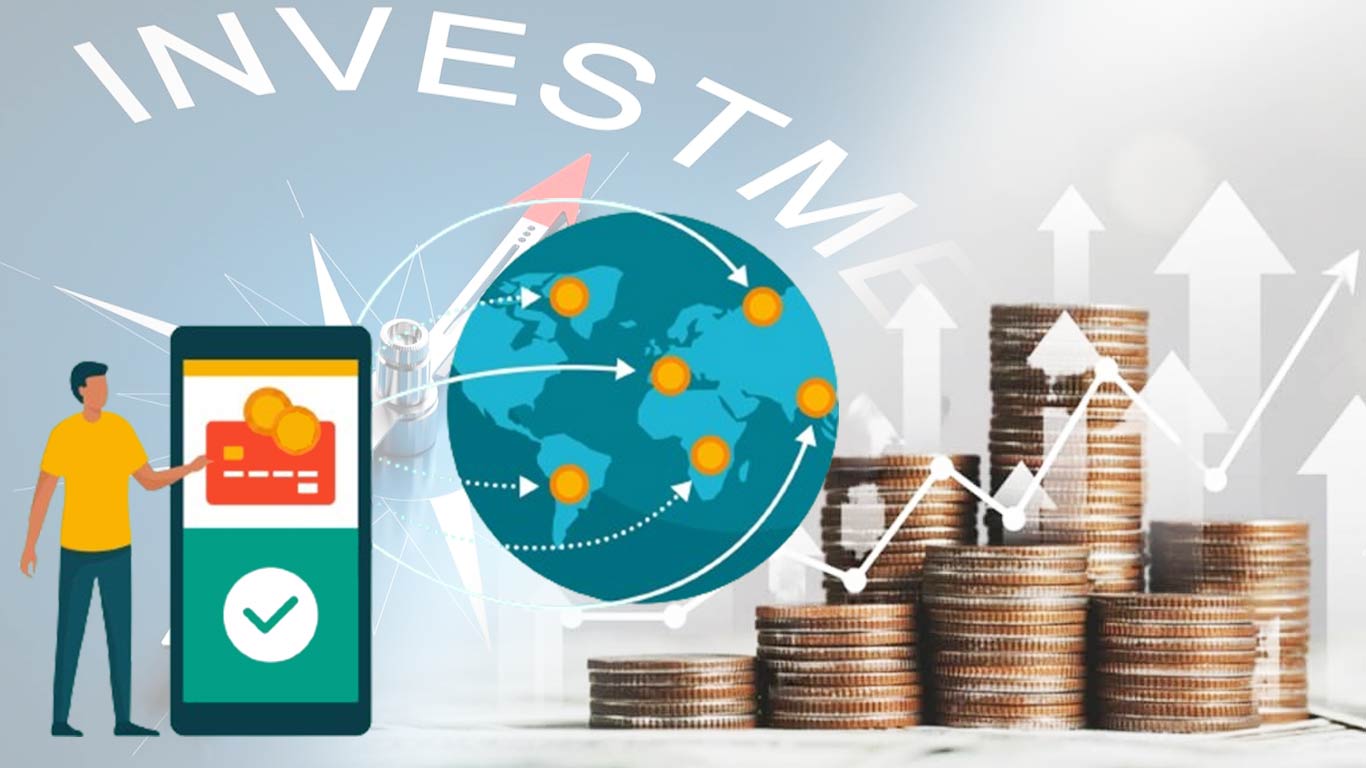
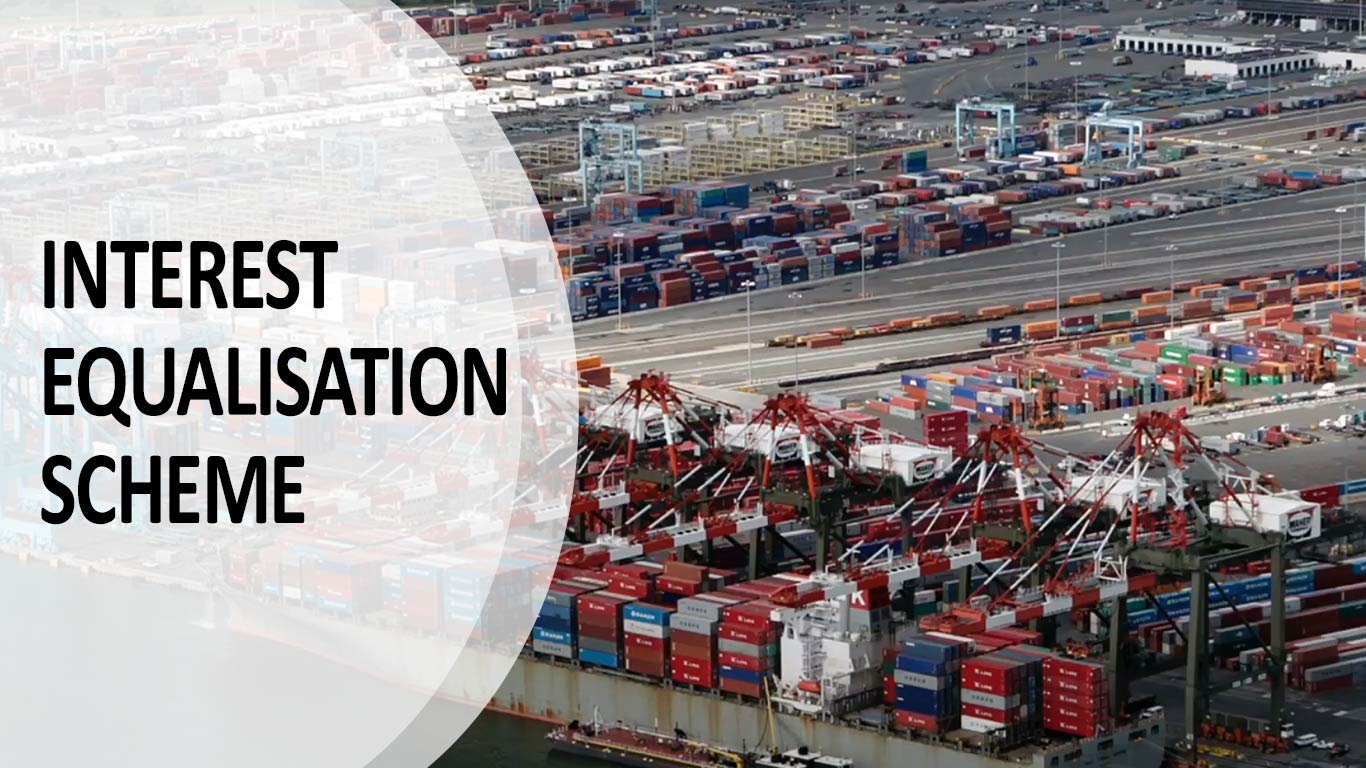
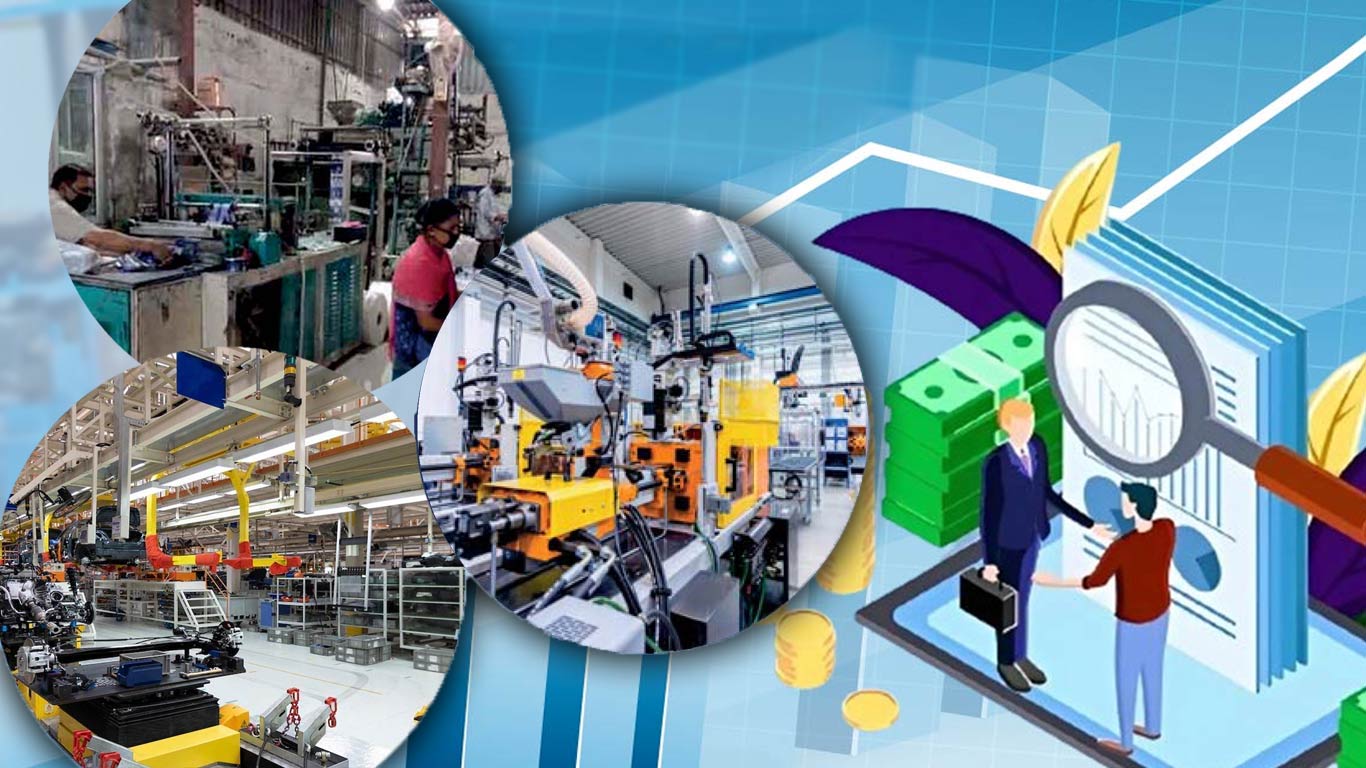
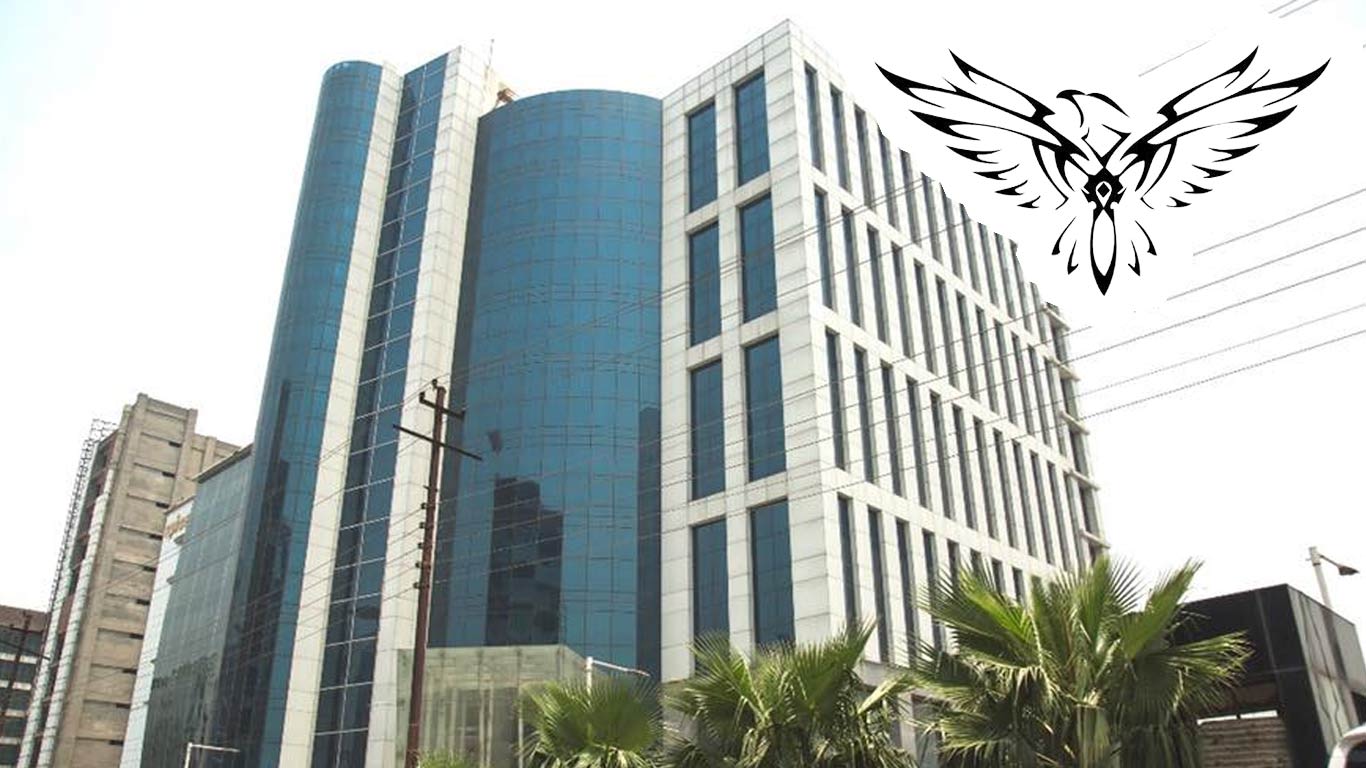






